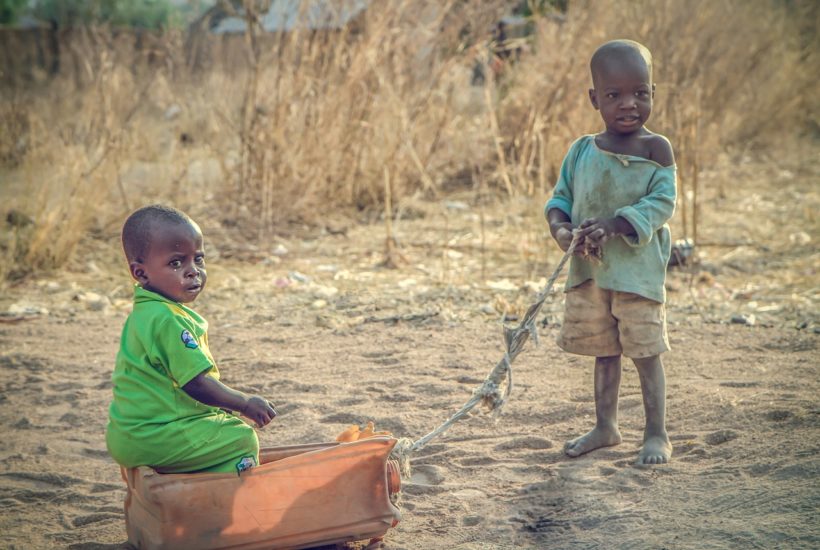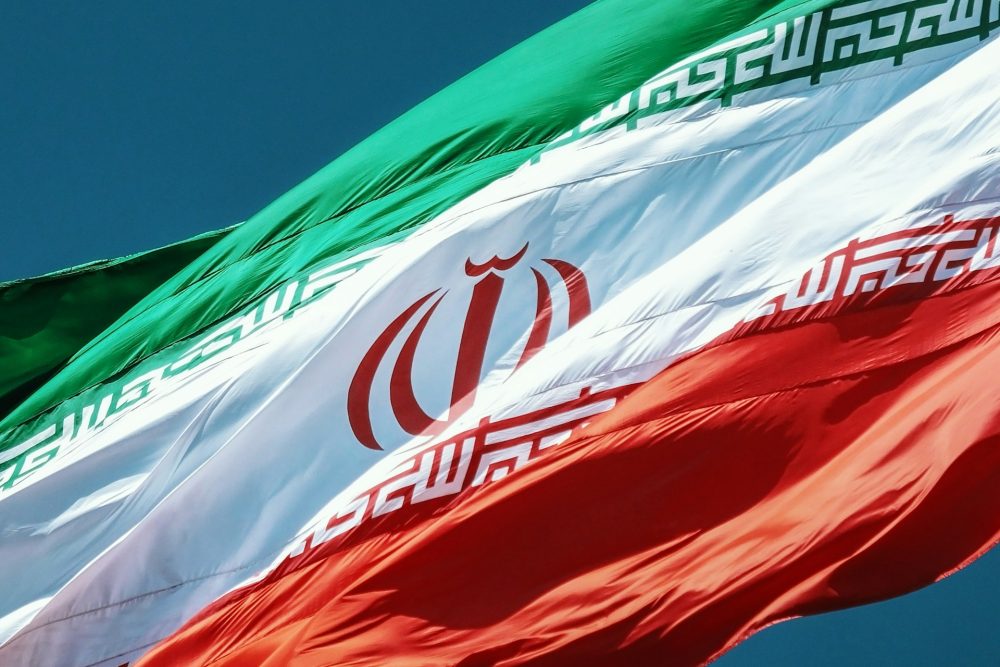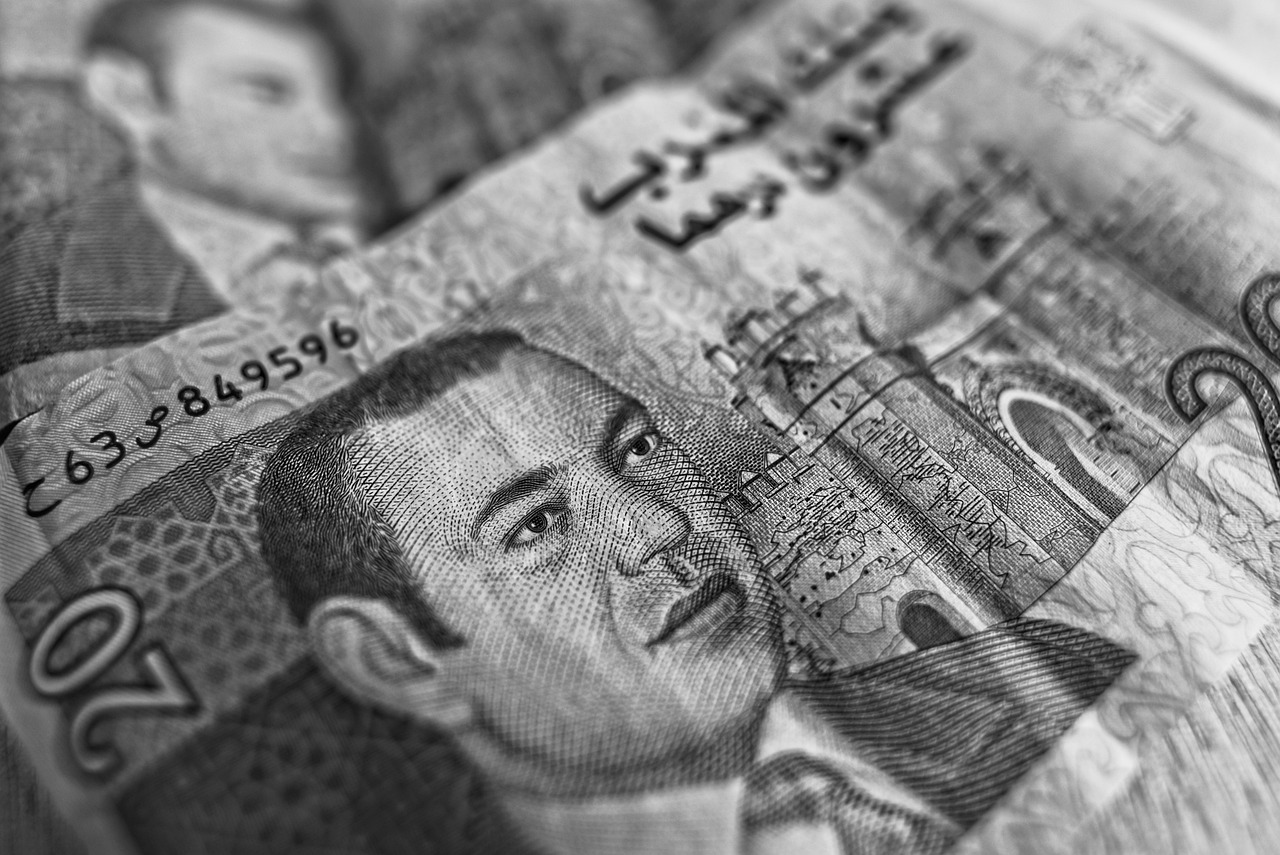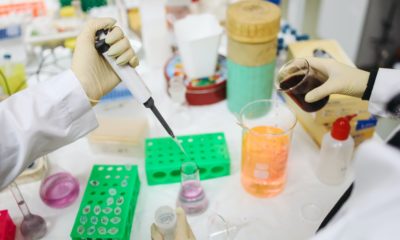Biotech
WHO Recommends the First Vaccine Against Malaria
Malaria remains the leading cause of childhood illness and death in sub-Saharan Africa, claiming the lives of over 260,000 African children under the age of five each year. In recent years, WHO and its partners have been reporting that there has been a stalemate in the fight against this deadly disease. According to WHO, this vaccine should be administered in a four-dose schedule to children from five months of age.

The malaria vaccine can now be administered to those who need it most. The World Health Organization (WHO), based on the results of an ongoing pilot program that has vaccinated more than 800,000 children in Ghana, Kenya, and Malawi since 2019, recommends the widespread administration of the antimalarial (malaria) vaccine to children in sub-Saharan Africa and other regions where malaria transmission is moderate or high. This vaccine has already been developed by GSK, which is preparing to ensure equitable access to the entire population to be inoculated.
GSK has expressed its satisfaction with the WHO recommendation and has stated that it has “the first and only malaria vaccine that has been shown in long-term pivotal clinical trials to significantly reduce malaria in children”.
Thomas Breuer, head of Global Health at GSK said: “The vaccine, together with other malaria prevention measures, has the potential to save lives.”
“GSK is proud that our innovative malaria vaccine, developed over decades by our teams and partners, can now be made available to children in sub-Saharan Africa and other regions with moderate to high malaria transmission. This long-awaited landmark decision may revitalize the fight against malaria in the region at a time when progress in malaria control has stalled. Both real-world evidence and clinical trial data show that the vaccine, together with other malaria prevention measures, has the potential to save hundreds of thousands of lives,” explained Thomas Breuer, Head of Global Health at GSK.
In anticipation of wider deployment, GSK is working to ensure equitable, long-term access to the vaccine for people in need. In fact, the company has committed to donate up to 10 million doses for use in pilot trials and to supply up to 15 million doses per year, following a recommendation and funding for wider use. A product transfer, including technology transfer for long-term antigen production, is also underway with Bharat Biotech of India. GSK will now work closely with partners, funders and governments to support additional vaccine supply, and is committed to making the 15 million annual doses available at no more than 5 percent above the cost of production.
Read more on the subject and find the most important economic news in the world with the Born2Invest mobile app.
Four doses to children aged 5 months and older
“We are at a historic moment. The long-awaited childhood antimalarial vaccine represents a great leap forward for science, children’s health and the fight against this disease. By adding it to the tools already available to prevent malaria, we can save the lives of tens of thousands of children every year,” said Tedros Adhanom Ghebreyesus, WHO Director-General.
Malaria remains the leading cause of childhood illness and death in sub-Saharan Africa, claiming the lives of more than 260,000 African children under the age of five each year. In recent years, WHO and its partners have been reporting that there has been a stalemate in the fight against this deadly disease. According to WHO, this vaccine should be administered in a four-dose schedule to children from five months of age to reduce the disease and the burden of malaria mortality and morbidity.
In this regard, Matshidiso Moeti, Director of the WHO Regional Office for Africa, said, “For decades, malaria has plagued sub-Saharan Africa, causing enormous suffering to people.” “We have long been waiting for an effective antimalarial vaccine and, for the first time, a vaccine is being recommended for widespread use. Today’s recommendation brings a ray of hope to the continent most affected by the disease, and we hope to protect many more children from malaria, who will be able to grow up healthy into adulthood,” he added.
The next steps for the WHO-recommended malaria vaccine are for the global health care sector to make decisions to fund its wider introduction and for country decision-makers to include it in national malaria control strategies.
__
(Featured image by Raphealny via Pixabay)
DISCLAIMER: This article was written by a third party contributor and does not reflect the opinion of Born2Invest, its management, staff or its associates. Please review our disclaimer for more information.
This article may include forward-looking statements. These forward-looking statements generally are identified by the words “believe,” “project,” “estimate,” “become,” “plan,” “will,” and similar expressions. These forward-looking statements involve known and unknown risks as well as uncertainties, including those discussed in the following cautionary statements and elsewhere in this article and on this site. Although the Company may believe that its expectations are based on reasonable assumptions, the actual results that the Company may achieve may differ materially from any forward-looking statements, which reflect the opinions of the management of the Company only as of the date hereof. Additionally, please make sure to read these important disclosures.
First published in redaccionmedica, a third-party contributor translated and adapted the article from the original. In case of discrepancy, the original will prevail.
Although we made reasonable efforts to provide accurate translations, some parts may be incorrect. Born2Invest assumes no responsibility for errors, omissions or ambiguities in the translations provided on this website. Any person or entity relying on translated content does so at their own risk. Born2Invest is not responsible for losses caused by such reliance on the accuracy or reliability of translated information. If you wish to report an error or inaccuracy in the translation, we encourage you to contact us.

-

 Markets1 week ago
Markets1 week agoShockwaves of War: U.S. Strikes Iran, Markets Teeter, Global Risks Rise
-

 Crypto6 days ago
Crypto6 days agoCoinbase Surges: Bernstein Targets $510 as COIN Hits Highest Price Since IPO
-

 Africa2 weeks ago
Africa2 weeks agoBank of Africa Launches MAD 1 Billion Perpetual Bond to Boost Capital and Drive Growth
-

 Markets14 hours ago
Markets14 hours agoCoffee Prices Decline Amid Rising Supply and Mixed Harvest Outlooks




















